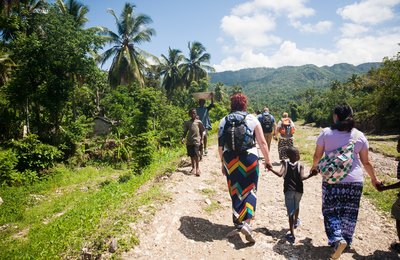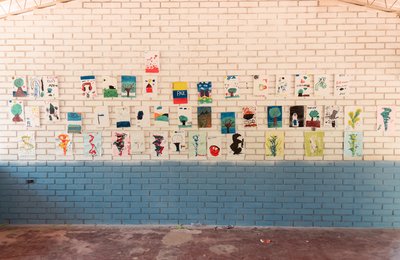Basilwizi was formed as a reaction to the people’s displacement from the great Zambezi River by the government to pave way for the construction of the Kariba Dam in 1958. In the local Tonga language, Basilwizi means ‘People of the Great River’.

The people had depended on the Zambezi River for centuries, and the construction of the dam cost them their livelihoods. After independence, the people felt that they continued to be marginalised and excluded in national processes. Thus in 2002 they organised themselves to form Basilwizi, whose primary focus was to fight for the recognition of their rights, based on four thematic approaches: education and cultural rights; governance; health; and sustainable livelihoods.
To date, Basilwizi has scored a number of successes, such as the Education Amendment Act which saw the recognition of minority languages by government, successful sitting of final year primary examinations in the local language, the promotion of cooperation, and peace and unity in the entire valley. There is also sustained health support, and platforms have been created to engage the people in national processes.
Basilwizi is an active member of the Church and Civil Society Forum of Zimbabwe (CCSF), helping spearhead peacebuilding and conflict prevention programmes in the country. The organisation works with communities to build leadership skills, communication skills and advocacy skills so that they are able to engage with their local authorities on developmental issues.
Besides acting locally, Basilwizi is a member of the National Association of Nongovernmental Organizations (NANGO), and the Zimbabwe Aids Network. On the international front, they are a member of International Rivers Network, as well as National Advocacy on Water issues in Southern Africa (NAWISA). While their headquarters are in Bulawayo, they have sub offices in Kariba rural and Binga.





